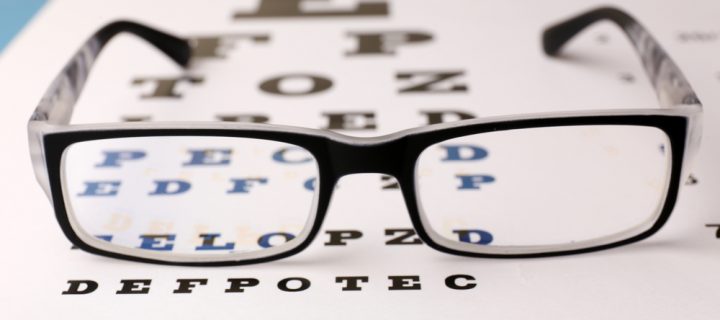Consider limiting your contact use and stocking up on prescription medications in case of an emergency.
Keeping your eyes in good health is always important. During the pandemic, this might seem easy to do. There are now extra challenges in the eye care landscape, however. The trouble is, all mucus membranes in your body can be portals for COVID-19 to enter, and this includes your eyes.
According to the American Academy of Ophthalmology (AAO), there are several steps you can take to stay safer this season. These are approaches that can make life safer and easier. Here are 5 tips for keeping your eyes, and the rest of your body, safer during the pandemic.
Related: How Isolation Affects Your Brain
Contacts? Switch to glasses.
Wearing contact lenses definitely has its benefits. You get to enjoy clear vision without having to change your image. But there are also drawbacks to the practice. Experts say you are more likely to touch your face if you wear contacts.People currently wearing glasses might debate this fact. If your contacts irritate your eyes even slightly however, you may be touching your face and eyes often, in order to adjust your lenses or rub your eyes. Wearing glasses more often can reduce any irritation you might feel. It can also add an extra layer of protection. While expelled viral droplets can still reach around the corners and edges of your glasses, your glasses can protect you from having contact with infected air to a certain degree.
Use eye drops.
As mentioned in #1, you should avoid rubbing your eyes if they are itchy. This is solid advice to follow at any time, as you can damage them. If itchy eyes are a problem for you due to allergies or some other trigger, consider using moisturizing eye drops regularly. If you must rub your eyes, wash your hands thoroughly first.
Related: Why You Should Definitely Get Your Flu Vaccine This Year
Look out for pink eye.
Pink eye is an infection that can happen when the tissue in the whites of your eyes becomes inflamed. While rare, COVID-19 is known to cause this at times. About 3% of COVID-19 patients have reported suffering from pink eye during the course of their infection. If you are suffering from pink eye, get tested for the virus. Stay away from others as both pink eye, along with COVID-19, can be highly contagious.
Stock up on medication.
The AAO recommends that you consider buying more medication than you normally would at one time, during the pandemic. This ensures that you will have at home enough should you be quarantined, or should supplies become short on the market. With a second wave of the coronavirus potentially coming this fall or winter, it can be a good idea to check with your insurance provider to see if they allow for a 3-month supply to be purchased in times of natural disaster, as many do.
Pay attention to potential eye emergencies.
As always, do not avoid calling your eye professional to make an appointment if you experience a problem with your eyes. This can include but is not limited to sudden vision loss, a red eye or eye pain, and changes in your vision such as flashes and new floaters. If you are already living with macular degeneration or diabetic retinopathy you should not miss your appointments due to the pandemic as this can have long term effects on your eye sight.
Taking special care of your eyes while COVID-19 is still circulating can help you avoid developing complications, and reduce your chances of contracting the virus.
photo credits: Africa Studio/Shutterstock.com












